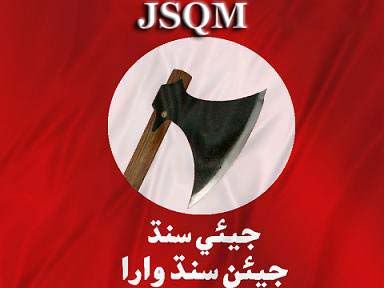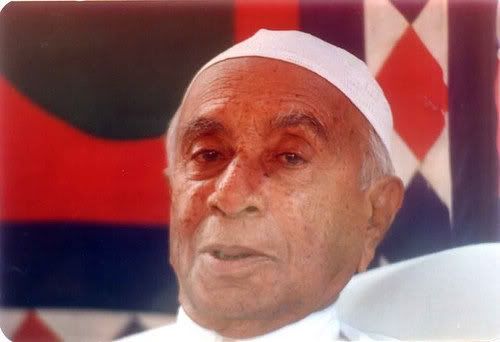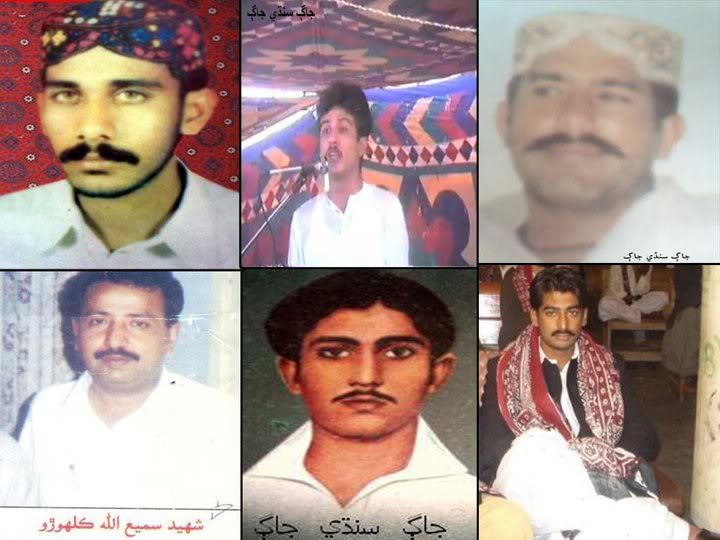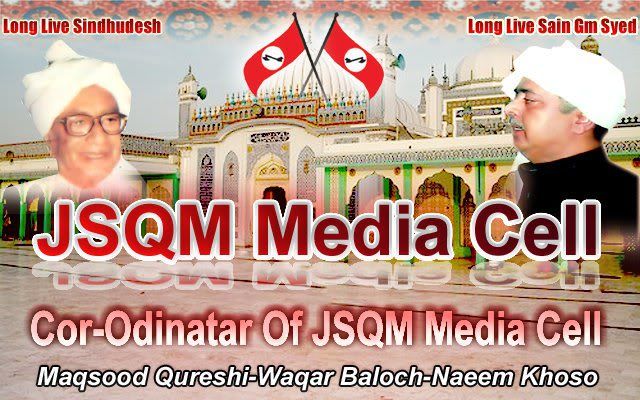The word ‘Tasawwuf’ meaning ‘mysticism’ has been in use in Muslim society for a very long time. But the set of beliefs, objectives and mode of life for which the Muslims employ this word, have been used for almost the same purpose by men of other religions, too, though with different names. Throughout different ages, philosophers, scholars and men of letters have worked and contributed a lot to mysticism all over the world. The following are the names of the scholars or the schools of thought, which they belonged to:
- Plato (the protagonist of the philosophy of idealism), Neo-platonic thinkers, Spinoza and other philosophers.
- Vedantic saints.
- Unity-loving Christians, those of the Christian clergy whom renounced the world and the stoics.
- Some of the Buddhist monks.
- Some of the Jainist monks.
- The Muslim mystics who were the believers in the Unity of God (Wahdat-ul-Wajud).
- Theosophists.
- Modern humanists.
- Kindred men or organizations trying to promote spiritualism.
But it is a fact that as religions unfortunately degenerated because of the reprehensible conduct of their followers; similarly, mysticism lost much of its light. As the Muslim priest lays much stress on conventional religion and justifies all means so long as his coffers are being filled and his opponents are being crushed in the same way, most of the so-called mystics are lost in the morass of mundane pursuits. Some among them are men who have gone astray. Their vested interests are of paramount importance to them. They try their best to roll in comfort and luxury but preach to the masses about contentment, forbearance and dependence on God. Some of these so-called mystics have further debased themselves by converting the august institution of mysticism into a profession. The malady has become so acute that magic incantation. exorcising evil spirits and black magic are being treated as part of mysticism.
Just as educated young men in our country are feeling disgusted with religion as a result of the exploitation of Islam at the hands of the clerics and obscurantists, mysticism, too, appears to have lost its charm and appeal. For example, the worship of holy men (pir-parasti) fake miracles, lust in the name of beauty-worship, sluggishness in the name of the renunciation of the world, total absence of self-sublimation, complete lack of self-recognition and economic exploitation are some of the curses which the self-styled and self-seeking mystics have fallen prey to. The result is that people have become apathetic to mysticism.
As stated in the preceding chapters, I have laid much emphasis on objectives, which are of fundamental value. In these very objectives, to my mind, lies hidden the common good of the human race. These objectives are unity, peace and prosperity. I have reflected for a very long time as to how and from which pool to gather men who wish to work for the achievement of these objectives. Beyond doubt, the interpretation of real Islam was sufficient for me. But, unfortunately, so defamed has, been the interpretation of the Muslim priest become that if I adopt Islam as an instrument for fighting social ills, men belonging to other religions are sure to object. This is the reason that I have chosen mysticism as the medium for the promotion of these values. I am confident that, despite the faltering of some of the so-called mystics of the present times, it is likely to enjoy universal appeal.
I am not interested in a particular name. But as ideas can only be communicated through words and symbols, that is why I have selected "mysticism as a cure for all the present problems and ills of mankind. In the modern metaphor, mysticism can be defined as humanism. In my opinion, the foundations of mysticism can be laid on the following great ideals:
[My Mentor has left the mosque and come to the bar. O followers of my faith, what should we do under the circumstance?].
And then Hafiz answers his question himself:
The second major danger arising out of the extreme form of this notion would an end to the distinction between the benign and the malicious good and bad, repressor and the repressed. This would be disastrous for society. The laws of nature and the objectives of life reject this tendency altogether. According to the laws of evolution, we must struggle to merge the part with the whole. And when the highest objectives of life are total unity among human beings it becomes imperative to give precedence to right knowledge, self-reform and good behavior. As Shah Bahu says:
[If one becomes a dervish without acquiring the right knowledge, he becomes an infidel. Should such a person pray for a hundred years, he will not understand God nor will the veil of error be removed from his eyes and his heart will remain a temple of ignorance].
c) On the one hand, tall talk made is about refinement and good culture while horrible wars are waged in which not only valuable lives are lost, but property is also damaged on the other. Brute power is let loose in its worst form. All moral values are reduced to naught.
d) A few men are handsome while many are ugly. Some are men of intellect but many are devoid even of common sense; some are kind-hearted and friendly to fellow-beings, while a large number of men are hard-hearted and inimical to others.
The mystics believing in the Unity of God (Wahdat-ul-Wajud) have thought over both the theories. But they have not wholly accepted either of them. They have also acknowledged the plan in the creation the universe and yet they have perceived the absolute good inherent in the law of evolution. Some of them have looked askance at the disorder prevailing in the world! regarding it as the inscrutable way of God. But some have regarded these disorderly conditions as purely temporary. According to their beliefs, this disorder is not lasting but in this whole affair, one thing is explicitly clear that the negative attitude, which is developed because of the disorderly conditions and human suffering of mankind, is the result of the personal concept of God. According to this concept each event is caused when God is pleased or displeased.
The same personal concept of God gives birth to the belief about Heaven and Hell, miracles and supernatural elements. The priests regard themselves as the agents of God. Their will is God’s Will and, on this plea, they start meddling into the mundane and spiritual affairs of people. In this way, the concept of divine justice becomes a mockery. Since the mystic (Toes not believe in the concept of a personal God, therefore he thinks that all such concepts and beliefs are inconsistent with reality.
6. To regard knowledge and love as the real spirit of religion is the sixth important principle of mysticism. For him, love is the nexus, which creates understanding and harmony among men promoting thereby fellow feeling and universal peace. Knowledge leads men to the path of progress. It is only through love and knowledge that the feelings of prejudice, hatred, selfishness and egotism can be overcome. In this way, peace, progress and prosperity can be achieved.
7. The seventh important principle of mysticism is respect for culture. A true Muslim mystic is essentially a man of feeling. But he never neglects intellect. Therefore, he tries to make the maximum use of intellect and feeling. Through both, he wants to humanize and discipline
Human beings. He likes everything, which falls within the purview of modern culture. As the mystic is progressive in outlook, he wishes society to move forward with every passing moment. He is, therefore, always imbued with the spirit of constructing things anew. He hates all that which is stagnant and morbid in life and society.
The mystic is against selfishness. In fact, selfishness is the product of the baser spirit. It makes man lowly and mean. It gives birth to the idea of duality. Egotism and self-centered behavior lead to violence and lend support to imperialism and capitalism. They create hatred and discord among men. Egotism also gives birth to such misleading ideas as high and low, superior and inferior. Thus, it paves the way for inequality. The mystic, therefore, shuns it.
To the mystic, nothing is of greater importance than a sound and healthy society. Music, dancing, poetry, literature and all that, which make a society healthy and stable, are, therefore, its essential ingredients. Similarly, he does not consider that truth is the monopoly of a particular religious or sectarian group or of a particular tribe or nation. He is, therefore, non-aligned. He does not believe in blind conformism in religion, economics or political ideology. In the last, the mystic is wholly against a state which claims to profess or propagate a certain faith or belief. It leads to fascism and decays soon. These are the cardinal principles of mysticism, which if followed can turn a strife-torn world into a much better and happier place to live in. I hope that before or after making further experiments in violence and hatred and exploitation and self-interest man shall have, the world shall have to act upon these principles. It is likely that individuals or groups may, for their own reasons misinterpret or groups may, for their own reasons misinterpret what I have said and reject these principles in hatred or with prejudice. However, I am sure that sooner or later, they shall have to give my ideas due consideration because, as the poet says:
















Currently have 0 comments: